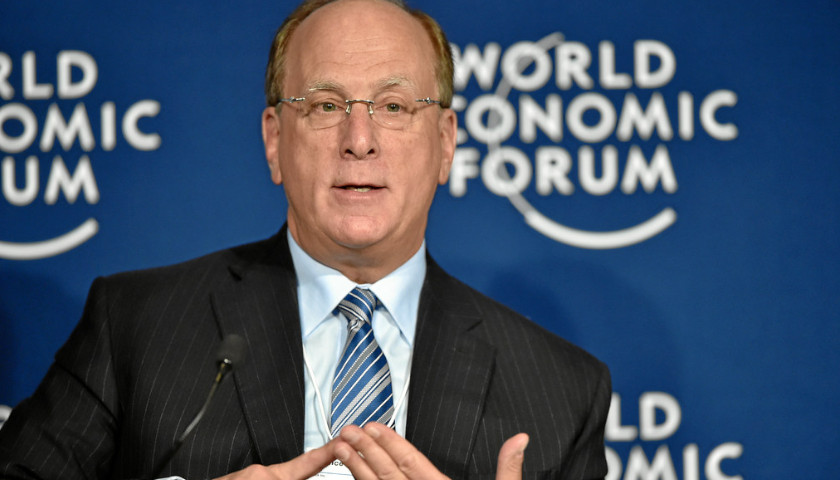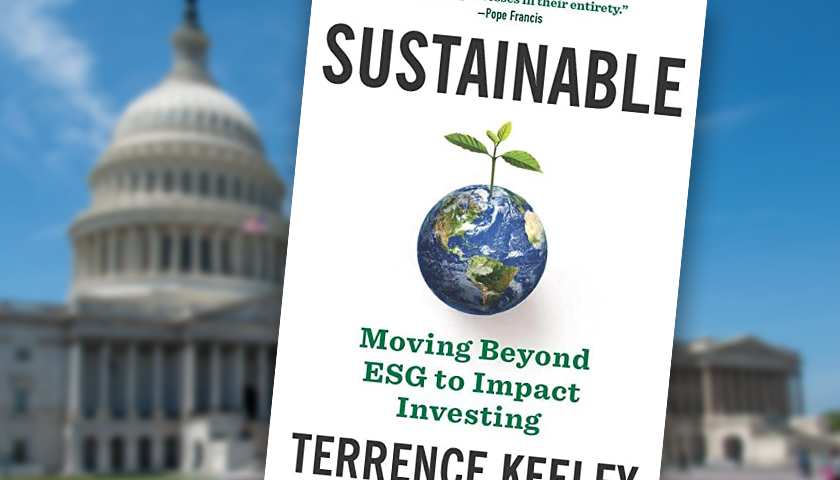In the third of his four part review of Terrence Keeley’s Sustainable, Rupert Darwall writes that ESG rests on a vision of the free-market economy that says capitalism needs to be led by people with the right values, which raises the question: Whose values? This makes ESG inherently divisive, explaining the pushback ESG is now generating in red states. Keeley proposes a solution in keeping with the pluralism and diversity of modern America.
Read MoreTag: Sustainable
Commentary: ESG and the Perpetually Just-Over the Horizon Climate Apocalypse
Concern about catastrophic climate change has been the biggest factor driving ESG, yet the likelihood of climate change being catastrophic and the attainment of net zero are not open to debate or challenge by participants in financial markets. In the last of his four part review of Terrence Keeley’s Sustainable, Rupert Darwall argues that this undermines the function of financial markets as efficient, unsentimental allocators of people’s savings in a way that maximizes growth and economic well-being.
Read MoreCommentary: The ESG Reality Is Not Doing Good But Feeling Good
ESG investment strategies can see investors giving up financial returns for no societal gain. In the second of his four part review of Terrence Keeley’s Sustainable, Rupert Darwall explores the implications of investment theory for ESG artificially constraining investment opportunities; the risks of regulators worsening an already inflated ESG bubble; and the distortions that arise from the widespread adoption of sustainability as an investment concept lacking an objective definition.
Read MoreCommentary: Review of Terrence Keeley’s ‘Sustainable’
ESG has its origins in a speech by UN secretary-general Kofi Annan at the Davos World Economic Forum in 1999. In the first of his four part review of Terrence Keeley’s Sustainable, Rupert Darwall shows how this created ESG’s dual mandate that accounts for its success – and its unsustainability as an investment strategy.
Read More



